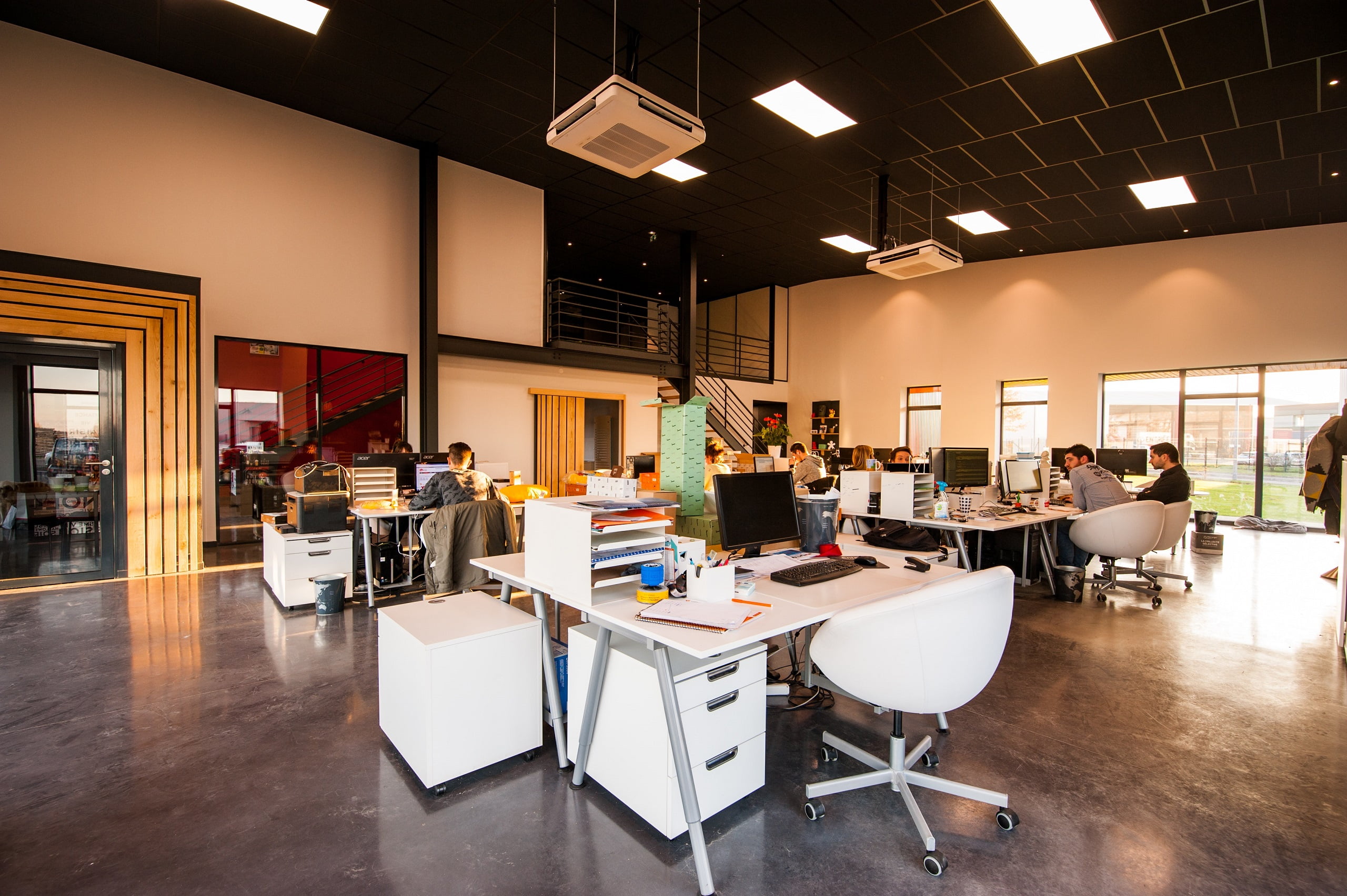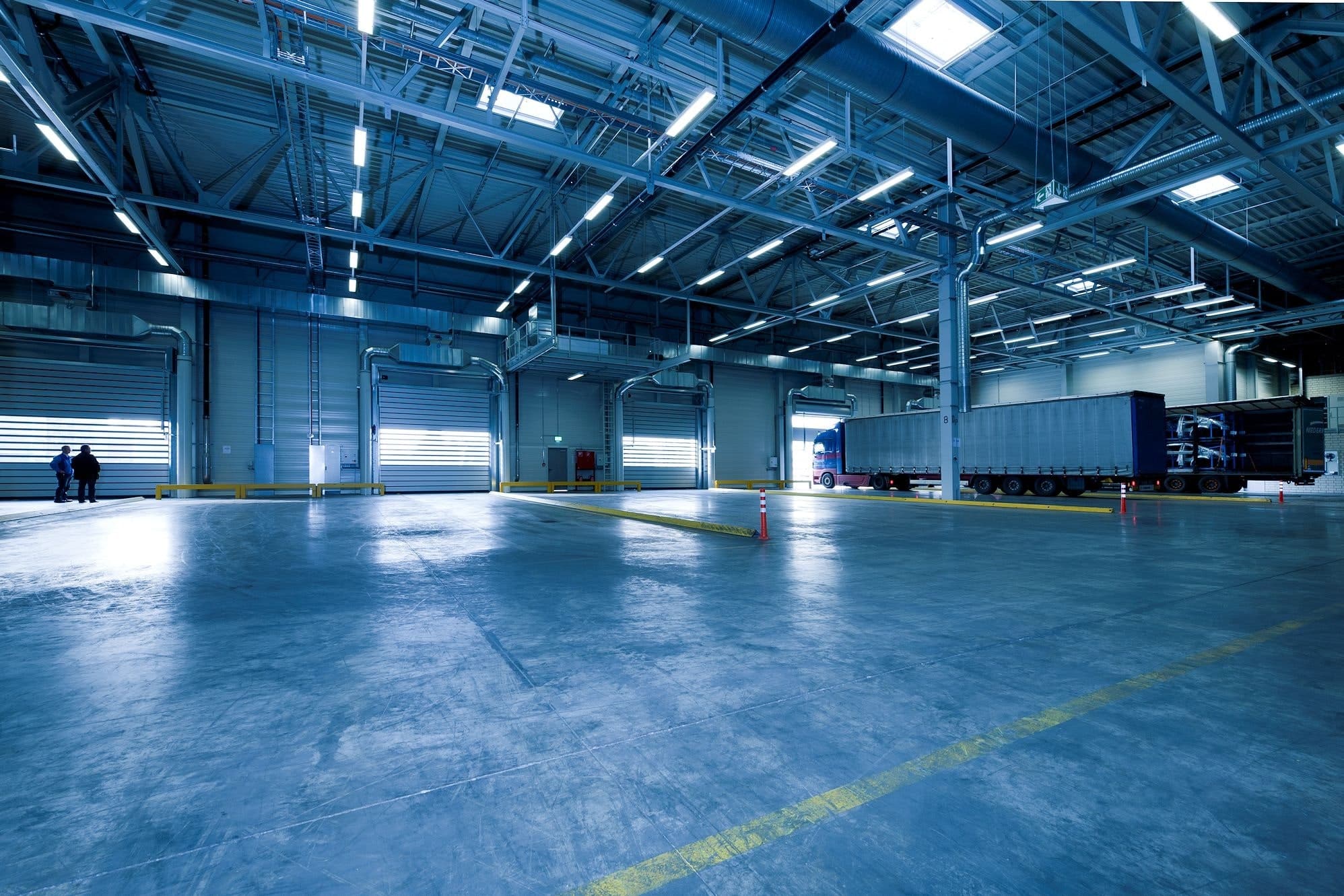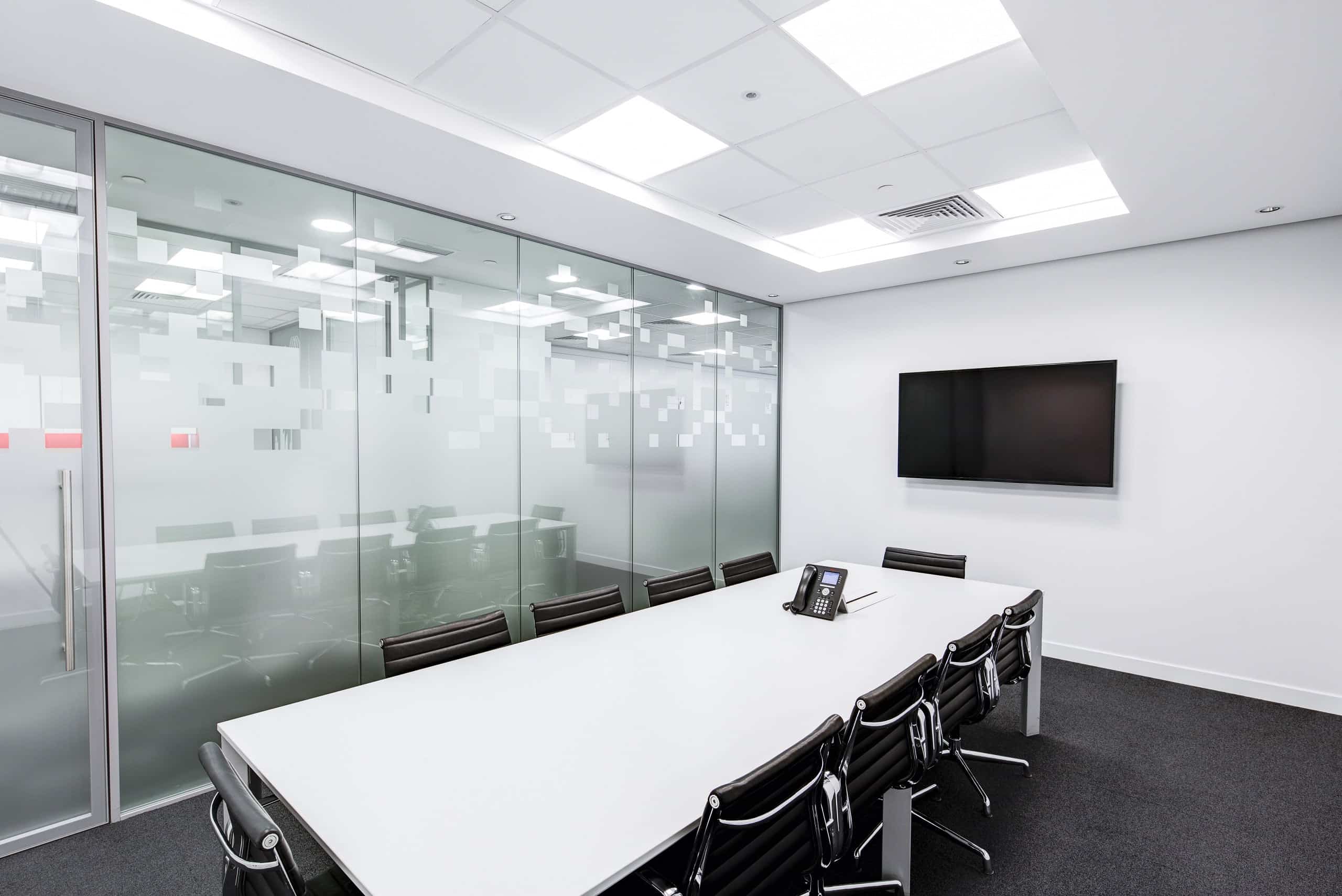What are Capital Allowances?
THE BASICS
Capital Allowances are a valuable tax relief available when a business or property investor purchases fixed assets. They are an entitlement but must be claimed by taxpayers via their annual tax returns submitted to HM Revenue & Customs (‘HMRC’).
CLAIMS
If you own a commercial property or a furnished holiday letting in the UK and are a UK taxpayer, claiming Capital Allowances will reduce your tax payable and/or secure you a tax refund.
Capital Allowances claims can be made on the following property expenditure:
- new build, refurbishment and extension
- purchases of used property
- furnished holiday lettings
- contaminated land
- research and development expenditure
Depreciation in the Accounts is not a tax deductible expense. Consequently, when tax computations are prepared depreciation is replaced by a claim for Capital Allowances providing tax savings to the taxpayer.
RATES AND WRITING DOWN ALLOWANCES (‘WDA’S’)
The rules on Capital Allowances are contained in the Capital Allowances Act 2001 (‘CAA 2001’) with claims made on expenditure incurred on plant or machinery, including integral features.
A taxpayer can claim first year allowances (‘FYA’) of 50% or 100%, an annual investment allowance (‘AIA’) of up to £1m and WDA’s on the balance available at 6% or 18% depending on the nature of the expenditure.
Since tax relief of at least 25% of the cost of a property can frequently be claimed Capital Allowances can have a significant impact on the investment yield on a property.
RESTRICTIONS
Capital Allowances cannot be claimed by a developer where the property is trading stock or by non-tax paying entities such as charities, pension funds and government departments.






